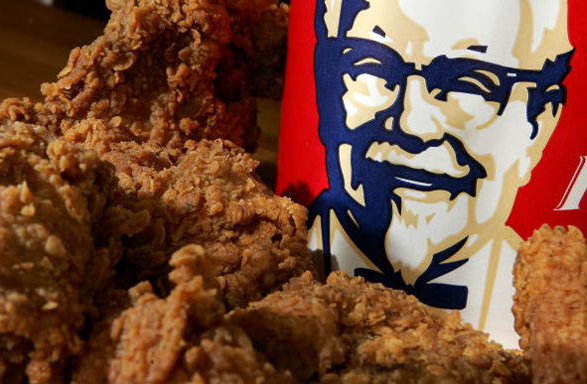The Economics Of True Love
February 14, 2013 in Daily Bulletin

RateSupermarket looked at the price of finding somebody, courting them, and then marrying them:
- A year of dating, and then a year-long engagement is assumed.
- The first year of dating is estimated to cost almost $7,000. The second year costs $10,000. This includes the cost of movie tickets, beach vacations, and ‘apology flowers’. Arranged marriages never seemed more appealing.
- The wedding itself will cost you another $27,000.
- All in all the complete price tag for true love comes out to $43,842.08.
Centives, for one, thinks that investing that money into an Xbox with a host of assorted games will ultimately be more fulfilling. At least that’s what we tell ourselves as we prepare to order take-out. Check out the entire infographic over here.
Source: RateSupermarket









Join the Discussion! (No Signup Required)